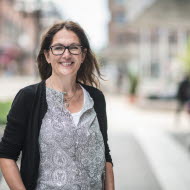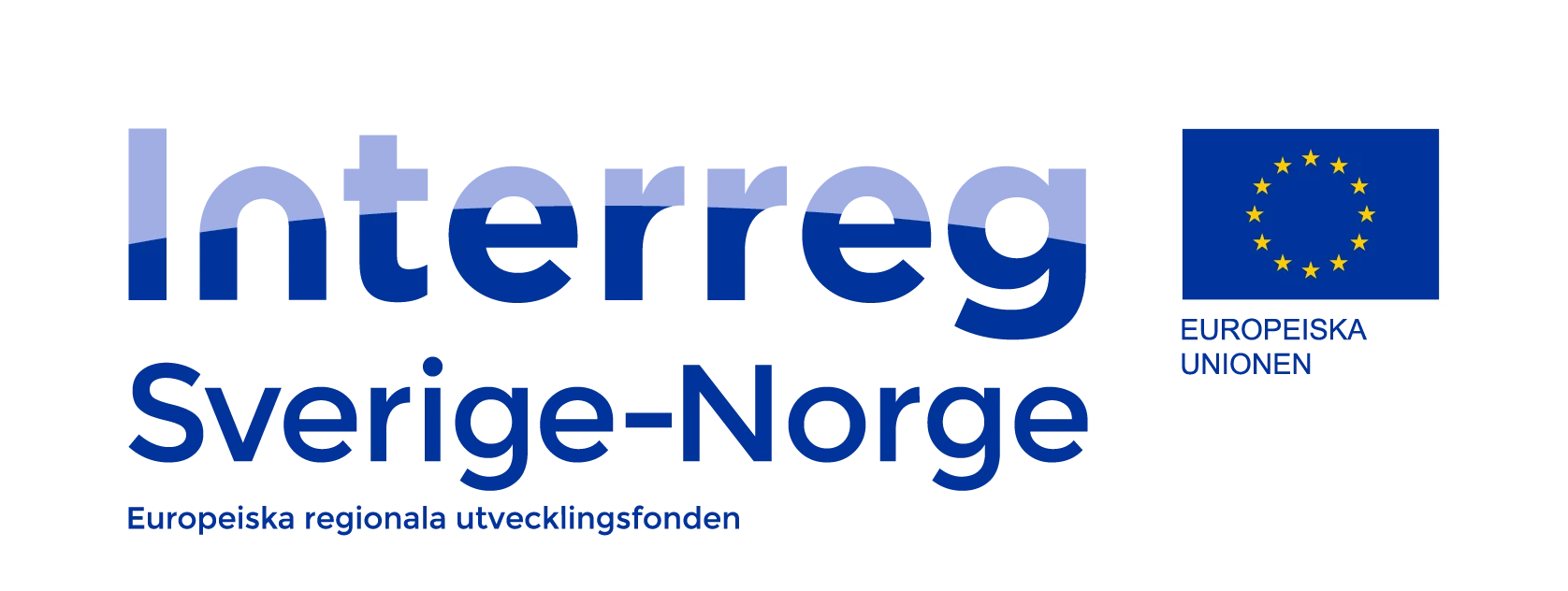Robust entrepreneurship in times of crisis
The project RoBust aims to increase knowledge about conditions and needs for change within the tourism and small-scale artisan food industries due to societal crises. The aim is further to highlight the possible changes and measures that are important for long-term and sustainable business.
Tourism and artisan food are significant and important industries for the sparsely populated regions of
Jämtland and Tröndelag. The confidence and expectations of the industries have been high, but with the
prevailing Corona pandemic, many entrepreneurs in the industries have found themselves in a crisis. In
particularly, the pandemic has serious consequences for the tourism and the artisan food industries, this since
the demand in certain parts of these industries largely has come to a complete halt. The project RoBust aims
to increase knowledge about conditions and needs for change within the tourism and small-scale artisan food
industries due to societal crises, such as the prevailing pandemic. The aim is further to highlight the possible
changes and measures that are important for long-term and sustainable business. Before the advent of the
pandemic in the world, the hospitality industry was regarded as a thriving industry, in Norway as well as
Sweden. However, despite a growing market, problems were identified even before the pandemic, such as
lack of profitability in combination with skills supply problems. As the tourism industry is labor-intensive
and dependent on people's spatial mobility, the industry is vulnerable, which is clearly shown in connection
with the pandemic that has now hit the world. The small-scale food industry has also encountered changes in
connection with the pandemic. For example, the industry, as a consequence of the corona pandemic, has met
an increased interest for local food supply and locally produced food in the community. In research about
entrepreneurship and regional development, the interaction between different types of actors in an economic
system increasingly are considered as an ecosystem for entrepreneurship . Entrepreneurial ecosystems are
found mainly in localities and involve local resources, institutions and networks and each such ecosystem can
thus be considered as unique. Factors that have a direct or indirect impact on the results of entrepreneurship
are, for example, infrastructure, support systems, knowledge distribution and access to networks. It is well
known that the individual entrepreneur is dependent on other entrepreneurs' value creation and also
dependent on other organizations in their environment, but what are the characteristics of the system in which
tourism' and artisan food entrepreneurs operate? How do these entrepreneurs change their actions due to
changed societal conditions? I.e. what strategies do companies use to cope with crises, now and in the future?
How are the competence supply in the companies affected by the prevailing pandemic? Does the companies'
digital degree of maturity matter? Or are there other variables, such as the age of the company/ entrepreneur,
gender, geographical demographics or other variables that affect the companies' chances of surviving the
crisis? Around the world, a number of support measures are being initiated to help companies survive the
pandemic. In addition to measures such as various forms of public financial support, restructuring initiatives
have been necessary for companies to take, such as changing business and marketing models. Sweden and
Norway have had different political strategies for dealing with the Corona pandemic. How have the policies
in the countries affected the individual companies? The above questions are intended to be studied within the
framework of the project. The theoretical starting point for the study is entrepreneurship theories. A mix-
method will be used, i.e. an approach that collects, analyzes and integrates quantitative as well as qualitative
data. Entrepreneurs from Jämtland and Tröndelag, in the tourism and small-scale artisan food industry will be
studied. Dissemination of results will take place continuously during the project period through external
communication in the form of workshops and seminars and through written reporting.
Facts
Project period
210101-221231
Partners
- Mittuniversitetet
- Nord universitet
Subjects
Project leader


Project members





